14 Subtle Clues You're Low on Key Vitamins and Minerals
Our bodies are always sending us gentle signals—sometimes in ways easy to miss amidst the busyness of life. Feeling a little “off” here and there doesn’t always spark alarm, but those small changes may actually be quiet hints from within. Subtle symptoms like extra fatigue, mood dips, or dry skin can often fly under the radar, especially if we chalk them up to daily routines or seasonal shifts. Yet, these low-key clues might reflect a need for key vitamins or minerals to help you feel your best. Think of this list as an invitation to tune into your body’s wisdom. We’ll explore fourteen nuanced signs that may suggest a nutritional gap—never to diagnose, but to gently encourage curiosity, self-awareness, and self-care. Our aim isn’t to chase perfection or create worry, but to empower you with relatable wisdom and practical tips, so nurturing your wellness becomes as approachable as sipping a morning cup of tea. From supporting your energy to tending your hair and skin, these clues connect the dots between nutrition and everyday well-being. Let’s celebrate small shifts and embrace proactive self-care—your body is remarkably wise, and even tiny choices can contribute to a vibrant, resilient you.
1. Persistent Fatigue Despite Adequate Rest

When a good night’s sleep doesn’t quite leave you feeling refreshed, your body might be hinting at a subtle nutrient gap. Fatigue that lingers, even after rest, is a classic but often-overlooked sign of low levels of vitamin D, vitamin B12, iron, or magnesium. Instead of perking up with coffee or taking a day off to recharge, you might notice your energy levels drifting steadily lower. For many, especially those who spend most days indoors or have dietary restrictions, vitamin D or B12 deficiencies develop quietly. Iron shortfalls may also be at play, particularly for women and those who avoid red meat. Magnesium helps our muscles relax and recharge, so insufficient intake can leave us feeling both physically and mentally worn down. If you find your “get up and go” fading without an obvious cause, consider checking in on your routine: Are you spending some time in the sun, including beans, nuts, or leafy greens in meals, or enjoying B12-rich foods like eggs and dairy? Subtle exhaustion is your body’s invitation to nurture, not ignore. Consistent, gentle changes can make a world of difference—and if fatigue becomes persistent, connecting with a trusted health professional is always wise.
2. Brain Fog and Subtle Cognitive Shifts

Having trouble concentrating or feeling as if your thoughts are moving through molasses? That mental “fog” might be giving you a nudge about your nutrition. Subtle dips in mental clarity are often linked to low levels of vitamin B12, omega-3 fatty acids, or iron. It’s easy to assume that “zoning out” or forgetting small details is just part of getting older or managing a hectic life. However, nutrients like B12 support nervous system function, while omega-3s and iron are crucial for healthy brain chemistry and oxygen delivery. If you notice more “what was I doing again?” moments, consider incorporating foods like leafy greens, walnuts, salmon, or fortified cereals into your week. Gentle brain sluggishness doesn't need to be your new normal—think of it instead as your body’s quiet encouragement to add some cognitive fuel to your plate. And if confusion or forgetfulness becomes more pronounced, reaching out to a professional can help clarify the next best steps.
3. Tingling or Numbness in Hands and Feet

An occasional tingling or gentle numbness in your fingers or toes could be your body whispering for B12. While many things can cause these odd sensations, persistent or frequent tingling is sometimes connected to B12 deficiency, which affects nerve health. Older adults, vegans, and those with digestive concerns are more likely to experience shortfalls, as absorption and dietary intake can both pose challenges. It’s not only about outright numbness—sometimes it’s a fleeting “pins and needles” feeling, especially after waking or sitting. The good news: adding B12-rich foods like eggs, dairy, and fortified plant milks offers gentle support for your nerves. Don’t hesitate to consult your healthcare provider if tingling persists or worsens, but for many, mindful nutrition shifts make a meaningful difference.
4. Nighttime Muscle Cramps or Twitching

Late-night muscle cramps jolting you awake are more than just an inconvenience. They might be your body’s way of asking for more magnesium, potassium, or calcium. These mineral partners play a vital role in muscle function, nerve signaling, and hydration. When levels are low—sometimes simply from sweating, certain medications, or diet gaps—you could notice recurring cramps or those odd little twitches, especially in your legs. Unlike the soreness that settles in after a new workout, deficiency cramps feel abrupt, unexpected, and can come even after a day of rest. Try including handfuls of seeds, nuts, bananas, or dark leafy greens in your routine, along with steady hydration. Remember, your muscles appreciate gentle, regular care from within. If cramps become disruptive, it’s a kind nudge to check in with a health professional.
5. Thinning or Brittle Hair
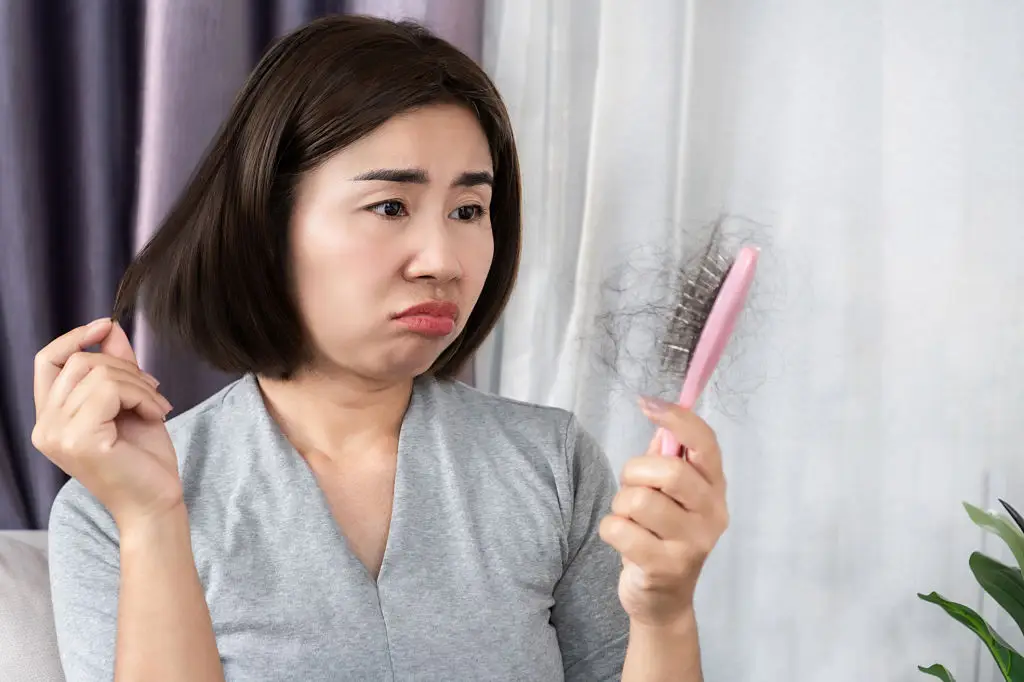
Finding extra hair in your brush or noticing a change in your hair’s fullness can feel discouraging—yet often, it’s a gentle hint from your body, not a sign of inevitable aging. Hair health depends on an orchestra of nutrients, including iron, zinc, vitamin D, and omega-3 fatty acids. A subtle deficiency in any one can make hair grow more slowly, look brittle, or shed more quickly than usual. Stress and styling habits matter too, but nutrition lays the foundation for resilience. Instead of searching for miracle fixes, aim to support your hair from the inside out: enjoy salmon, chia seeds, spinach, nuts, and eggs when possible. If hair changes persist or feel sudden, checking with your doctor can help reveal the root cause. Gentleness and patience are always part of the journey.
6. Noticeably Pale or Sallow Skin
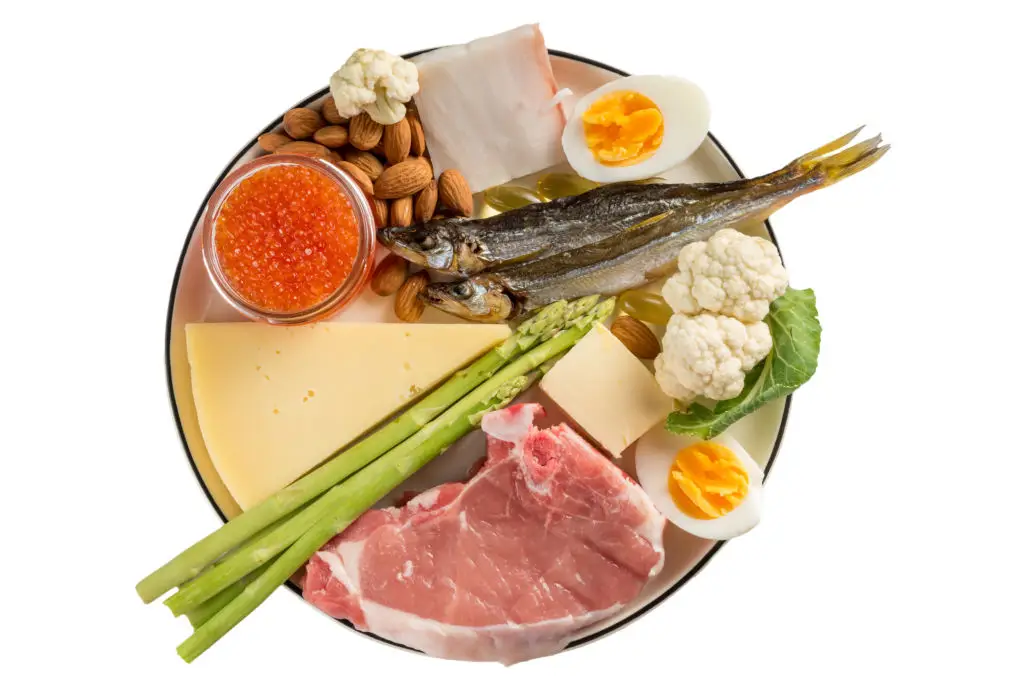
Losing a little of your natural skin glow—or noticing an unusual paleness—might be a quiet sign of low iron or vitamin B12. Both nutrients keep red blood cells healthy, which support vibrant skin tone. Dullness or sallowness is easy to overlook, especially during gloomy weather, but if your skin seems less rosy or you bruise more easily, your nutrition could use a tune-up. Try including lean meats, lentils, leafy greens, and B12-rich foods like dairy or fortified milk in your meals. Changes in skin color may happen gradually, so pay attention to what feels out of the ordinary for you. When nutrition and hydration get a boost, your skin often responds with its own subtle vitality. If skin changes persist, seek gentle guidance from a professional.
7. Cracks at the Corners of Your Mouth
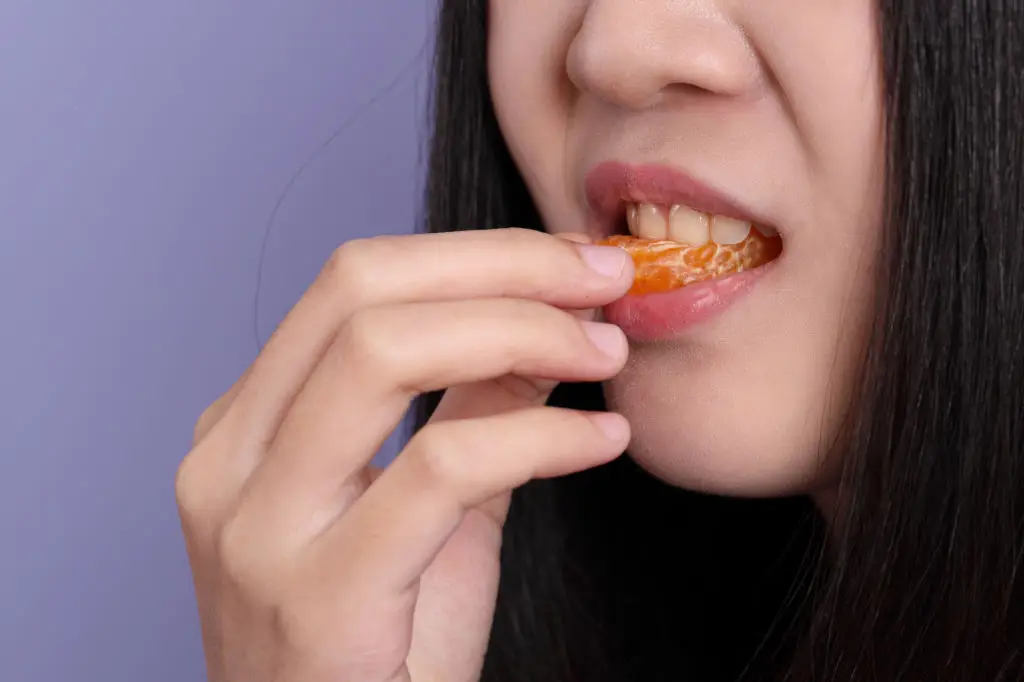
Those tiny, sore splits at the corners of your mouth are easy to dismiss as the result of dry weather or a passing habit. Yet recurrent cracks or fissures (called angular cheilitis by professionals) can signal a deficiency in iron or specific B vitamins—especially B2, B3, and B12. They’re common among people with dietary restrictions or those who don’t get enough nutrition from their usual meals. Instead of stocking up on lip balm alone, you might offer your body a helping hand with eggs, beans, nuts, leafy greens, or even a multivitamin under medical advice. If mouth cracks linger or become painful, they’re gently urging further attention—and a healthcare provider can help uncover the root cause.
8. Frequent Mouth Ulcers or Canker Sores
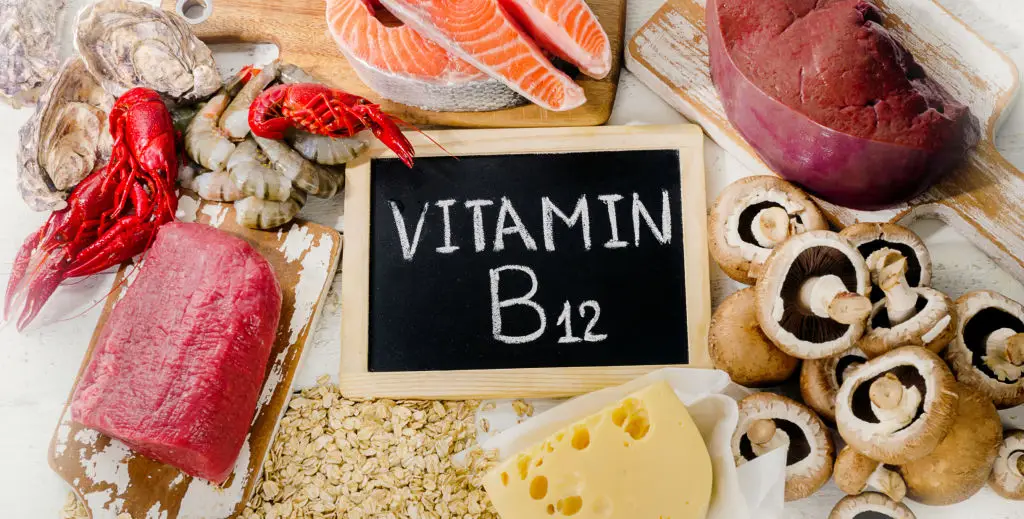
Small, stubborn sores inside the mouth can make eating or talking unexpectedly uncomfortable. If you’re dealing with frequent canker sores, your body might be quietly asking for more folate, vitamin B12, iron, or zinc. These nutrients play a key role in cellular repair and immune support within delicate mouth tissues. While stress and minor injuries are factors too, a deficiency can set the stage for repeated outbreaks. Including lentils, leafy greens, citrus fruits, shellfish, and yogurt may provide gentle, steady support for your oral wellness. If mouth sores are new, unusually frequent, or not healing well, invite a healthcare professional to help shed light on your body’s needs.
9. Persistent Dry, Rough, or Flaky Skin
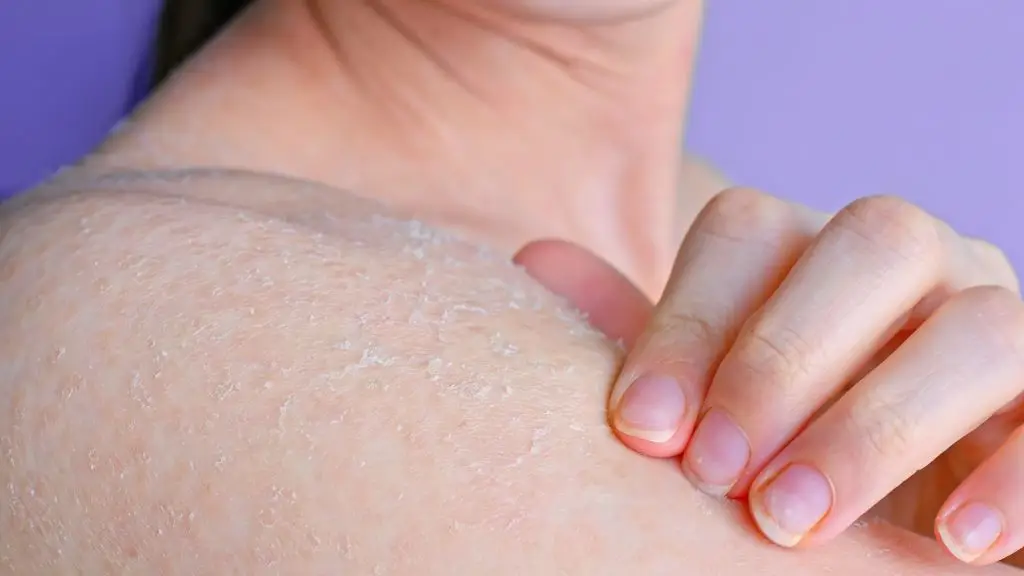
If your skin feels more like a dry patchwork quilt than its usual smooth self—and no amount of lotion seems to help—you may be low on vitamin A, vitamin E, or essential fatty acids. These nutrients fortify the skin’s natural moisture barrier, while supporting repair and softness. Occasionally, dry or flaky skin is a simple reaction to weather. But when it lingers, your body may be calling for extra nourishment from within. Nuts, seeds, avocados, spinach, and a drizzle of olive oil become more than just flavors on your plate—they’re gentle wellness allies for your skin. If discomfort or itchiness sticks around, or skin symptoms worsen, a check-in with a professional is always a good next step.
10. Brittle or Spoon-Shaped Nails
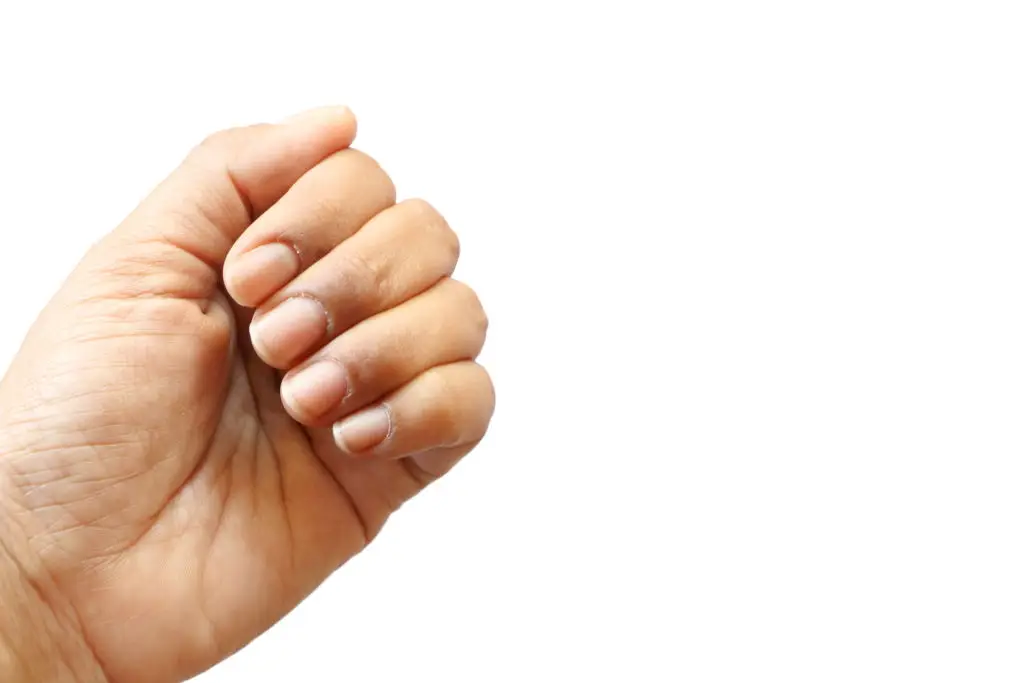
Have you noticed your nails are splitting, breaking, or curving up at the edges (what’s called “spoon nails”)? It could be your body’s understated message about a shortage of iron or biotin. Nails might not get much attention in daily life, yet their health is closely tied to what we eat. Iron helps oxygenate tissues, while biotin (a B vitamin) supports keratin strength for fortifying nails. You can offer nail-friendly support through iron-rich meals—think lean meats, beans, and leafy greens—or add biotin-rich foods like eggs, sweet potatoes, and almonds. Celebrate even subtle progress and treat weak nails with kindness, not quick fixes—steadiness truly matters here.
11. Mood Swings or Low Moods Without Clear Cause

Feeling more irritable, down, or “not yourself,” even when nothing in your routine has changed? Soft shifts in emotional balance might have roots in nutrition, particularly if vitamin D, B vitamins, or magnesium are on the low side. These nutrients play supportive roles in brain chemistry and can influence how resilient we feel in the face of stress. Everyone experiences ups and downs—but if your usual optimism seems a little sluggish, spending some time in the sun, incorporating more leafy greens, nuts, and whole grains, or even taking calming outdoor walks, may help restore your inner balance. Always remember: emotional health is as vital as physical health, and every feeling is valid. If mood changes linger or interfere with your life, reach out for warm, professional support—you’re never alone in this.
12. Trouble Seeing in Low Light
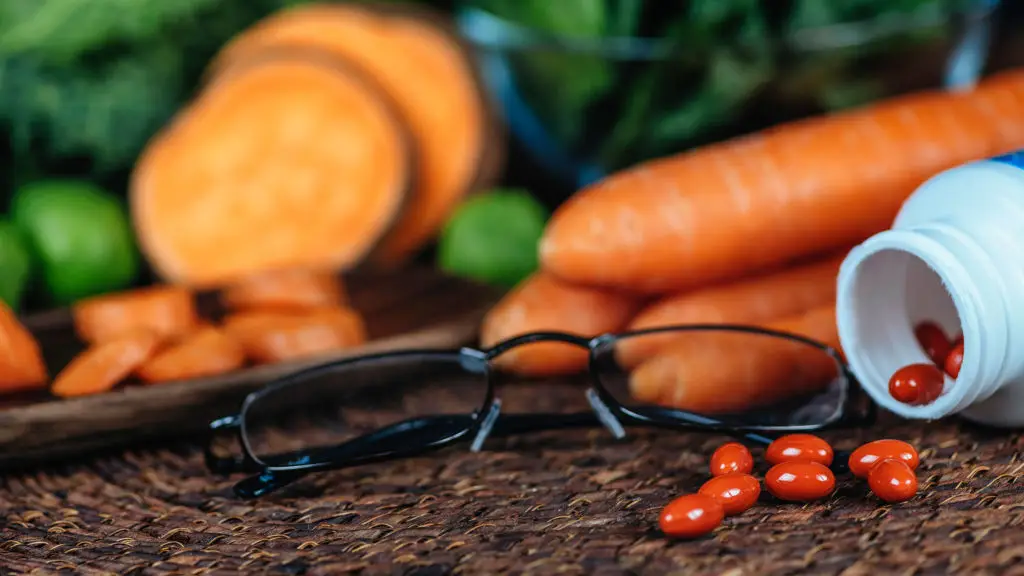
Noticing that seeing in dim light isn’t as easy as it once was? While night vision can change gradually with age, difficulty adjusting your eyes to darkness may signal low levels of vitamin A. This nutrient supports healthy retinal function and is found in colorful produce like carrots, sweet potatoes, and spinach. Rather than assuming it’s “just age,” pay attention to how quickly your eyes adjust moving from well-lit spaces to shadowy corners. Regularly adding deep orange or dark green veggies to your meals can offer gentle support. If low-light vision becomes more problematic, a healthcare professional can help illuminate the path ahead.
13. Bleeding Gums During Brushing or Eating

If flossing or biting into fruit leaves pink traces on your toothbrush or napkin, don’t simply blame brushing technique—bleeding gums can be a subtle sign of low vitamin C or K. These nutrients help keep blood vessels and tissues resilient, supporting oral health. Even when you’re diligent with dental care, gums that bleed often suggest your body is seeking extra support. Citrus fruits, strawberries, bell peppers, and dark leafy greens make for mouth-friendly snacks that nourish from the inside out. Gentle, steady habits with both nutrition and brushing can encourage gum resilience. As always, regular dental checkups and consults with your provider round out your self-care approach.
14. Slow Wound Healing

Scrapes, cuts, or bruises that seem to linger might be your body’s way of asking for a blend of vitamin C, zinc, and protein. These nutrients are essential for tissue repair and immune function; when they’re in short supply, recovery can take a little longer. Wound healing isn’t just a cosmetic concern—it’s your body’s test of resilience, and when healing slows, nutrition often plays a starring role. Add zinc-rich foods like beans, lentils, poultry, and vitamin C-rich produce to your plate regularly. Remember, healing is a process, not a deadline; patience and nourishing foods help foster your body’s natural ability to repair. Slow recovery is always a good topic for discussion with your healthcare team if it continues.
Honoring the Signals: Small Clues, Big Wisdom
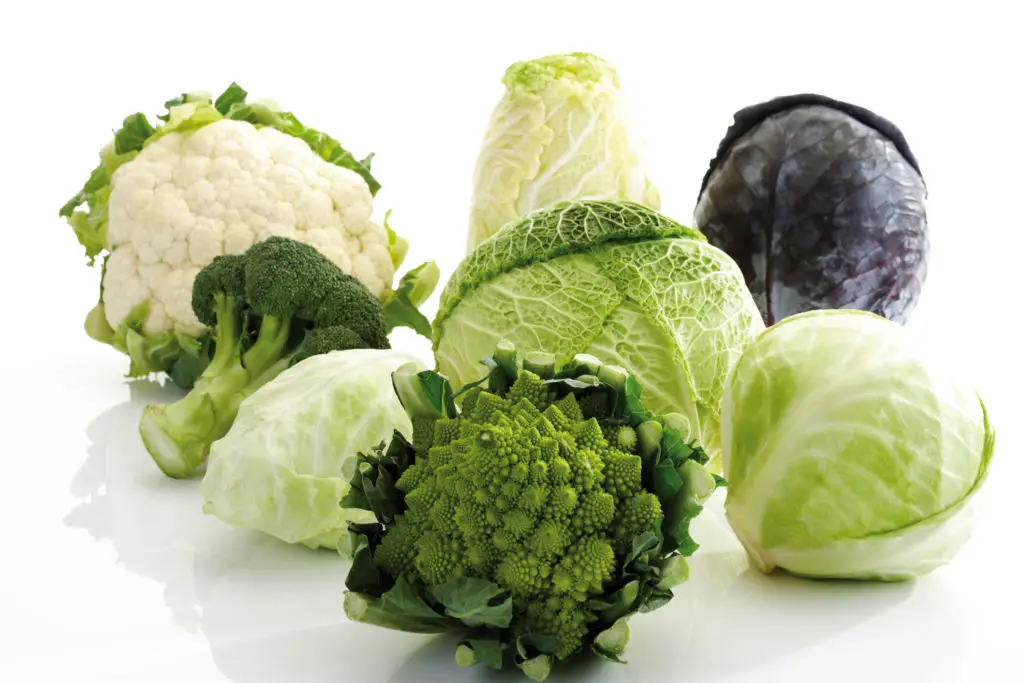
Noticing a subtle shift in energy or appearance can feel unsettling at first, but it’s truly a gift—your body’s way of inviting you into greater self-care. Every gentle nudge, from a brittle nail to a bit of brain fog, is a call toward curiosity and kindness, not criticism or fear. By tuning in and responding to these clues with small, realistic steps—like adding a handful of walnuts, spending a few extra minutes outdoors, or mixing more color into your meals—you support both your short-term comfort and long-term health. Remember, no single sign is a diagnosis, and everyone’s wellness journey is unique. Trusted health professionals are always ready to partner with you when questions or persistent symptoms arise. Most of all, celebrate your body’s remarkable ability to share its needs and honor its wisdom through consistent, gentle choices. Feeling vibrant at every age isn’t about chasing perfection—it’s about listening, learning, and nurturing your well-being, one subtle clue at a time.
